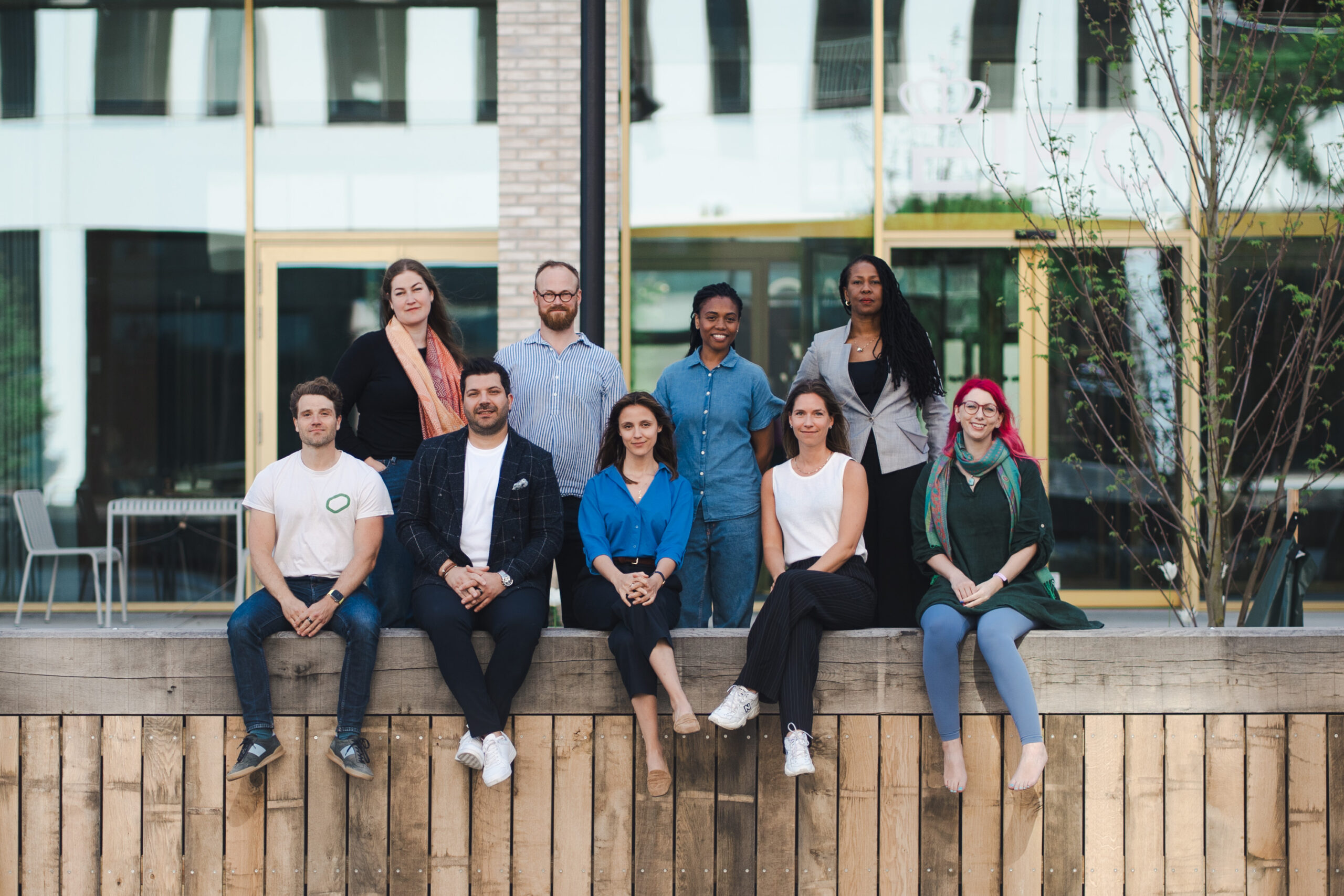The government landed in hot water a few weeks ago when it decided to cull Denmark’s entire mink farming population without the necessary legal framework in place.
Well that act, which occurred over fears of a COVID-19 mutation spreading, is now legal following Parliament passing a new mink law.
The law, L77, bans mink farming in Denmark until at least the end of 2021 and there is now an official legal framework in place to put down all mink.
It was approved today by a Parliament majority consisting of parties from the Red Bloc.
“The Danish mink farmers have sacrificed their life’s work for the common good and we owe them a great deal of gratitude,” the food minister, Rasmus Prehn, wrote on Twitter.
Prehn underlined that the approval of L77 would allow for more clarity in regards to the bonuses and compensation for the embattled farmers.
READ ALSO: Millions of mink set to be dug up over concerns their bodies could harm nature
Exhuming millions by July
In related news, Parliament also agreed to a model pertaining to the exhumation and disposal of millions of mink that were hastily buried in areas by Holstebro and Karup in Jutland in November.
The agreed upon solution (model 3) involves the mink being exhumed after 6 months – when they no longer present a COVID-19 infection risk – and disposed of as industrial waste at waste burning plants.
The authorities gauged that the buried mink don’t present an immediate hazard to the environment (nearby water resources).
It is expected that the mink disposal will commence in late May and be completed in mid-July.
About 15.4 million mink have been put down since November 4 following the discovery of a COVID-19 mutation among the animals in mink farms. Of these, about 4 million were buried in pits as the authorities lacked a waste- burning capacity at the time.
Information relating to the disposal of 1.5 million mink remains outstanding.







